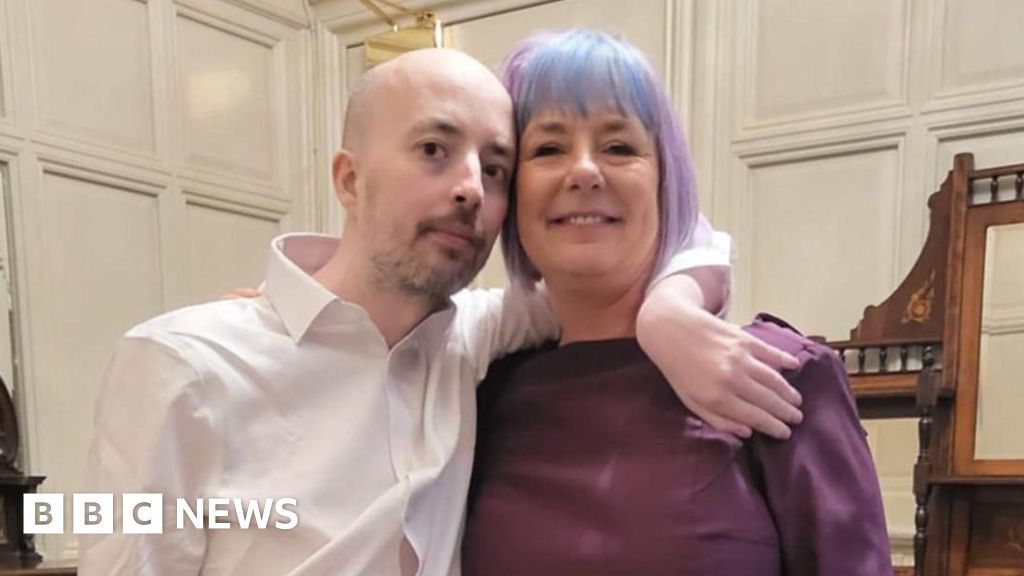After their younger son was bitten by a rattlesnake and ended up in the pediatric intensive care unit, a San Diego couple received a huge bill. Listen to hear why antivenom is so expensive.
This spring, a San Diego toddler spent two days in a pediatric intensive care unit after a rattlesnake bit his hand in his family’s backyard.
The bills that followed were staggering, with the lifesaving antivenom the 2-year-old needed accounting for more than two-thirds of the total cost — $213,000.
Why is antivenom so expensive? One explanation is the markup hospitals add to balance overhead costs and make money. Another explanation is a lack of meaningful competition. There are only two rattlesnake antivenoms approved by the Food and Drug Administration.
Stacie Dusetzina, a professor of health policy at Vanderbilt University Medical Center, said it can be difficult to sort out drug pricing because a hospital bill is often an instrument insurers and hospitals use to negotiate prices. Patients such as the Pfeffers often get stuck in the middle.
“When you see the word ‘charges,’ that’s a made-up number. That isn’t connected at all, usually, to what the actual drug cost,” Dusetzina said.
We encourage organizations to republish our content, free of charge. Here’s what we ask:
You must credit us as the original publisher, with a hyperlink to our kffhealthnews.org site. If possible, please include the original author(s) and KFF Health News” in the byline. Please preserve the hyperlinks in the story.
It’s important to note, not everything on kffhealthnews.org is available for republishing. If a story is labeled “All Rights Reserved,” we cannot grant permission to republish that item.
Have questions? Let us know at KHNHelp@kff.org



